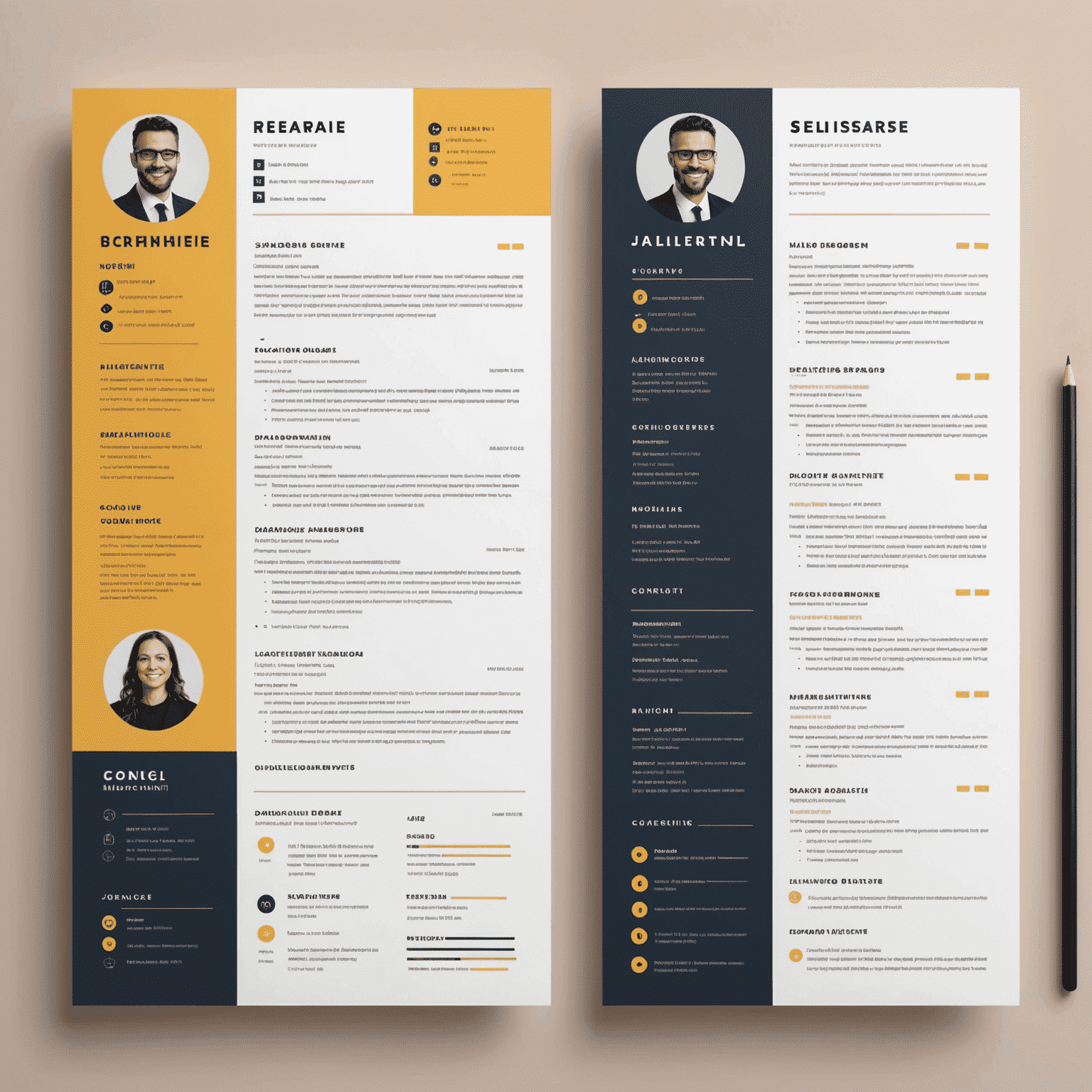Industry-Specific Resume Tips: Tailoring Your Resume for Success
In today's competitive job market, a one-size-fits-all resume simply won't cut it. To stand out and land your dream job, you need to tailor your resume for different career fields and industries. Here's how to craft a winning resume that speaks directly to your target employers.

1. Research the Industry
Before you start tailoring your resume, dive deep into the industry you're targeting. Understand the key skills, qualifications, and experiences that are most valued. This research will guide your resume customization process.
2. Highlight Relevant Skills
Each industry values different skill sets. For example:
- IT: Emphasize technical skills, programming languages, and certifications.
- Marketing: Showcase creativity, analytical skills, and familiarity with digital platforms.
- Finance: Highlight numerical proficiency, risk assessment abilities, and knowledge of financial software.
3. Use Industry-Specific Language
Incorporate industry jargon and keywords found in job descriptions. This not only demonstrates your knowledge but also helps your resume pass through Applicant Tracking Systems (ATS).

4. Quantify Your Achievements
Use numbers and percentages to quantify your accomplishments. This approach works across industries but tailor the metrics to what matters most in your target field.
5. Customize Your Summary
Your professional summary should be a powerful elevator pitch tailored to the industry. Highlight your most relevant experiences and skills that align with the sector's needs.
6. Prioritize Relevant Experience
Rearrange your work history to put the most relevant experiences at the beginning. If you're changing industries, focus on transferable skills and achievements that apply to your new field.
7. Include Industry-Specific Sections
Some industries value certain information more than others:
- Creative fields: Include a portfolio section.
- Academia: Add a publications or research section.
- Tech: List projects or open-source contributions.

8. Adapt Your Design
The visual style of your resume should match industry expectations. A graphic design resume can be creative and colorful, while a finance resume should be more conservative and structured.
9. Showcase Continuous Learning
Highlight any recent courses, certifications, or workshops relevant to the industry. This shows your commitment to staying current in your field.
10. Tailor Your Cover Letter
Don't forget to customize your cover letter as well. Use it to expand on how your specific experiences make you the ideal candidate for the industry and role.
Pro Tip: Seek Expert Guidance
For personalized assistance in crafting an industry-specific resume that truly stands out, consider professional resume writing services. Expert resume writers can help you highlight your strengths and tailor your application to your dream industry, significantly boosting your chances of landing interviews.
Remember, tailoring your resume is not about reinventing yourself for each application. It's about presenting your experiences and skills in a way that resonates with your target industry. With these tips and a bit of industry research, you'll be well on your way to creating a resume that opens doors in your chosen field.